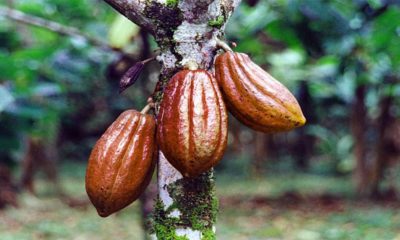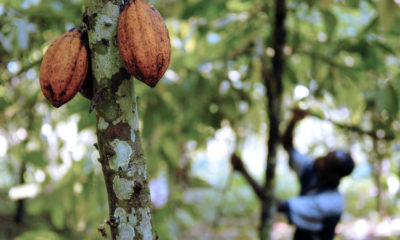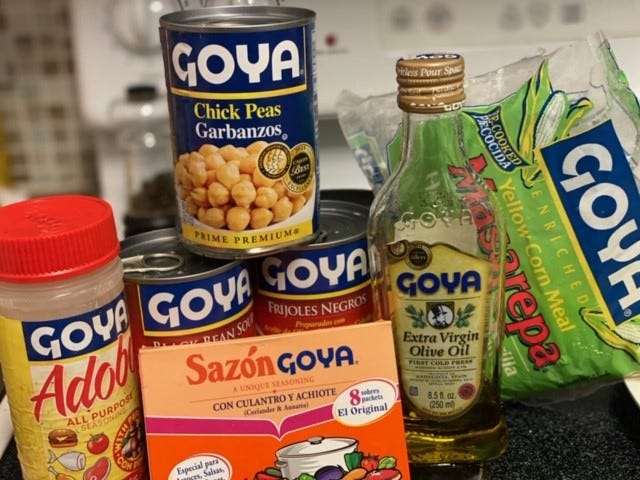Top chocolate producer, Nestlé has revealed plans to continue expanding its cocoa sustainability efforts, through investing a combined $1.41 billion by 2030.
The investment, which is thrice Nestlé’s current annual investment, is part of an innovative income accelerator program, which aims to improve the livelihoods of cocoa farming families in West Africa.
According to the Swiss international food and drink processing firm, the program covers cash incentives for farming families to reduce the level of high child labour, especially in cocoa-growing nations like Ivory Coast, Ghana, etc.
The University of Chicago, in a recent study, disclosed that about 45% of children in agricultural households in Ivory Coast and Ghana cocoa farming areas were engaged in child labor.
Recently, chocolate-producing companies have come under pressure by the United Nations International Children’s Emergency Fund and other global organisations to invest in cocoa-farming communities facing dire challenges, including widespread rural poverty, lack of access to financial services and basic infrastructures like water, health care, and education. These are factors that increase child labour as children support their families in cocoa production.
Nestlé’s cash incentives will be paid directly to cocoa-farming households for certain activities such as enrollment of children in school, the company stated.
The company’s CEO, Mark Schneider during a webcast on Thursday said, “Nestle’s new initiative focuses on the root causes for child labour and the living income gap farmers and their families face… Our goal is to have an additional tangible, positive impact on a growing number of cocoa-farming families, especially in areas where poverty is widespread and resources are scarce, and to help close the living income gap they face over time.
“Building on our longstanding efforts to source cocoa sustainably, we will continue to help children go to school, empower women, improve farming methods and facilitate financial resources. We believe that, together with governments, NGOs, and others in the cocoa industry, we can help improve the lives of cocoa farming families and give children the chance to learn and grow in the safe and healthy environment they deserve.”
The KitKat Chocolate and Smarties confectionery producer stated that the Accelerator Program will aid the company to transform its global sourcing of cocoa through a fully traceable, directly sourced supply chain by 2025.
In 2021, 51% of the cocoa Nestlé used was directly sourced and traceable, versus 46% in 2020. By 2025, the company expressed that it fully wants to trace 100% of its cocoa back to specific farms under its in-house sustainability scheme, the Nestle Cocoa Plan.
“We’re very confident this will be a game changer on the road to reducing the risk of child labour,” Nestlé Head of Operations, Magdi Batato said in an interview with Reuters.
To qualify for the payments from Nestle, farmers must send their children to school, prune cocoa trees, plant shade trees and diversify their income with other crops or livestock.
Then each farmer, irrespective of the tonnes of cocoa produced by them, will directly receive cash payments via mobile transfer of up to 500 Swiss francs ($543) a year.
This, according to Batato represented 20-25% of a farmer’s average annual income. The incentive will then be levelled at 250 francs after two years and progressively extended to all of Nestle’s 160,000 cocoa farmers by 2030.
In an interview, Nestlé Head of Confectionery, Alexander von Maillot said, “An incentive to the household is much more inclusive of the smaller farmers, really making sure that nobody gets left out.”
To ensure that children really are attending school and farmers are following the rules, Nestlé disclosed that The Sustainable Trade Initiative will monitor the programme with other third parties. It also explained that children helping on family farms outside of school time do not fall under the International Labour Organization’s description of child labour.


 Billionaire Watch3 weeks ago
Billionaire Watch3 weeks ago
 Startups4 weeks ago
Startups4 weeks ago
 News4 weeks ago
News4 weeks ago
 News4 weeks ago
News4 weeks ago
 Bitcoin4 weeks ago
Bitcoin4 weeks ago
 Naira4 weeks ago
Naira4 weeks ago
 Forex3 weeks ago
Forex3 weeks ago
 Treasury Bills4 weeks ago
Treasury Bills4 weeks ago






















